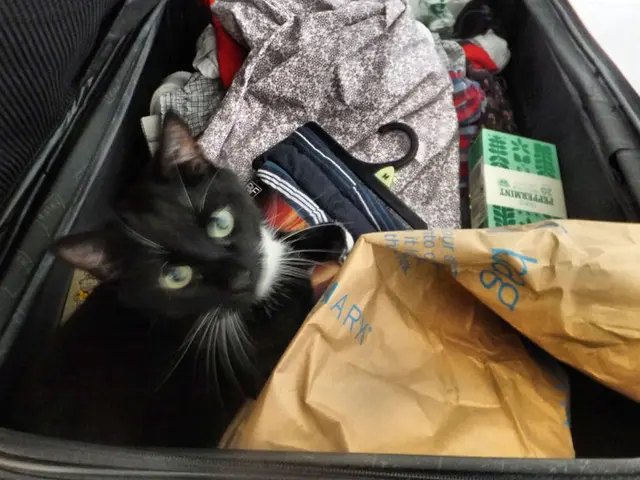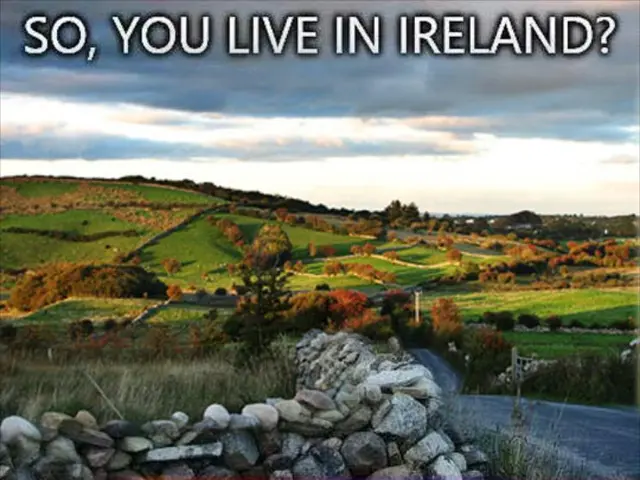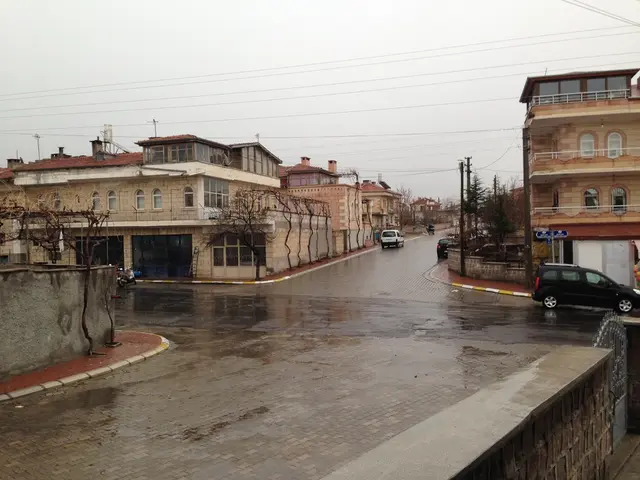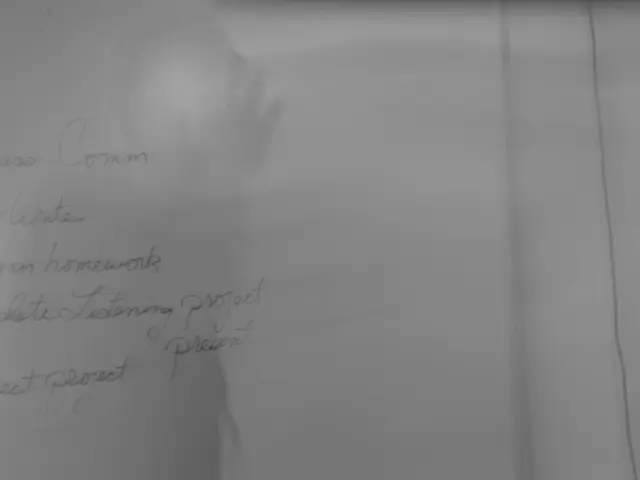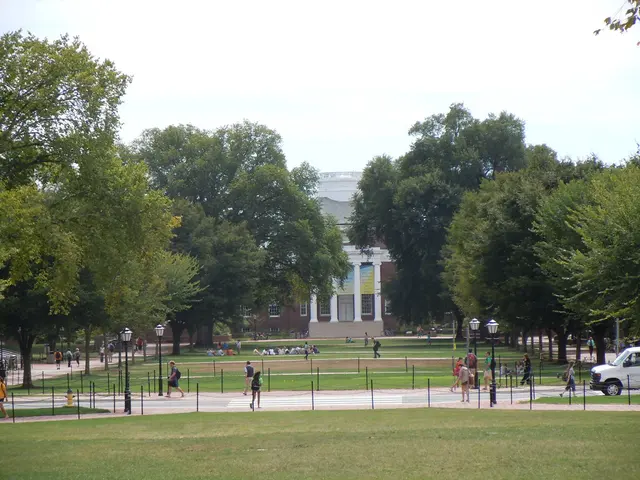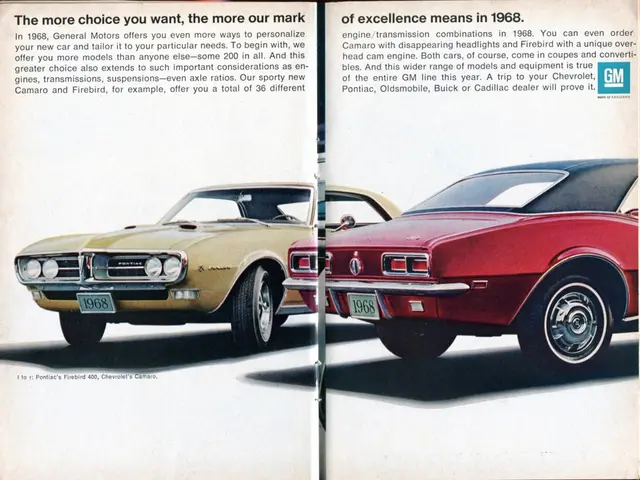Building a Resistance against Fracking: Lessons from the Campaign in Western Newfoundland - Key Strategies to Emulate
A Fresh Look:
Anti-Fracking Mobilization in Western Newfoundland: A Win for the People
In a fascinating 2017 piece published in Interface: Journal for and about Social Movements, Leah M. Fusco and Angela V. Carter detailed the epic anti-fracking campaign that erupted in western Newfoundland and Labrador, a province famed for its oil reserves. This grassroots effort successfully halted fracking, transformed the region's social and political landscape, and instituted a foundation for future activism.
This compelling story provides a shining example of how rural communities can flip the script and thwart unwanted projects despite their lack of prior experience in activism. In the following sections, we'll delve into ten key practices the anti-fracking campaign leaders used to make their voices heard.
The Ten Practices:
A. Building Alliances
The anti-fracking crusaders in western Newfoundland focused on constructing a diverse and far-reaching network of allies. This alliance served as a vital infrastructure for mobilizing resources, strategizing, and executing effective actions. Organizers employed two main alliance-building techniques:
- Building a grassroots network – Establishing trusted connections within the community from the ground up.
- Uniting diverse allies – Fostering relationships between various groups with shared goals.
B. Crafting the Message
In the campaign's early stages, both lead organizations extensively researched fracking and formed partnerships with external groups. They then crafted carefully orchestrated messages designed to tap into the daily concerns of people within the communities while leaving divisive sentiments behind.
- Messages that resonate – Crafting communications that speak directly to the lives of community members.
- Muting divisive messaging – Steering clear of content that could spark disputes within the community.
C. Spreading the Word
The anti-fracking campaigners communicated their message through a variety of channels, ensuring that public awareness was raised, government decision-makers were made aware, and support for their cause to ban fracking in western Newfoundland was garnered.
Traditional methods were employed as expected, while innovative and culturally-rooted tactics were also employed to make their message stand out. This section covers how local organizations leveraged existing resources and seized political opportunities to spark public interest and influence policymakers.
- Engaging in continuous communication – Sustaining a consistent dialogue through traditional and modern means.
- Play electoral politics – Leveraging political campaigns to gain traction for the movement.
- Keep it personal – Establishing genuine connections with community members to build trust and support.
- Lead the conversation and show risks in the flesh – Emphasizing the risks associated with fracking by sharing concrete examples.
- Intervene in conventional processes – Stepping into established systems to bring attention to the cause.
- Challenge conventional processes – Pushing back against traditional practices that may be detrimental to the campaign's goals.
To learn more about the strategies these practices entailed during the campaign, download the full article from the provided link below.
Other Inspiring Campaigns
- Cheeky and Disorganized: Nannagogy and the Knitting Nannas
- Groundswell Gloucester: Fighting and Winning Against Fracking
- How to Beat the 'Fracking Frenzy': Lessons from the Campaign that ended Fracking in Ireland
- Enabling Emergence: The Bentley Blockade and the Struggle for a Gasfield Free Northern Rivers
- Case Study: Lock the Gate – Coal Seam Gas: The Ongoing Battle
- 'Always Look Up': Connecting Community for a Win against Gas
- How Emotions Mobilize and Sustain the Anti-Coal Seam Gas Movement
- Climate Activism: Start Here
Related Resources
'Always Look Up': Connecting Community for a Win against Gas
Insights gleaned from the anti-gas campaign in Victoria, Australia, from Cam Walker, Campaign Coordinator at Friends of the Earth.
How to Beat the 'Fracking Frenzy': Lessons from the Campaign that ended Fracking in Ireland
Invaluable insights on community power-building for anti-extraction movements worldwide, drawn from the victorious Irish anti-fracking struggle.
Campaigns that Changed the Northern Territory
An impressive collection of campaigns that molded the Northern Territory, including the Wave Hill Walk Off, Jabiluka, Pine Gap, and Anti-Fracking.
Share this Resource
Share on Twitter](https://twitter.com/share?url=https://interface.socialmovementstudies.org/wp-content/uploads/2017/09/Anti-Fracking-Campaign-in-Western-Newfoundland.pdf&text=Check+out+this+insightful+account+of+how+concerned+citizens+managed+to+defeat+the+fracking+proposal+in+Western+Newfoundland%2E+)
Share on Facebook
Share on LinkedIn
Share on Email
- The anti-fracking campaign in western Newfoundland demonstrates how environmental-science research and activism can be combined effectively to address climate-change issues in rural communities.
- The success of the anti-fracking campaign in western Newfoundland highlights the importance of finance and industry collaboration in supporting long-term activism.
- The adoption of renewable energy sources and investments in environmental-science research could provide alternative resources for rural industries, such as those in western Newfoundland, reducing their reliance on traditional fossil fuel extraction methods like fracking.
- This study of the anti-fracking campaign in western Newfoundland offers valuable lessons for activists worldwide, showcasing the impact of effective communication, strategic alliance-building, and innovative tactics in achieving meaningful change towards a more sustainable environment.

